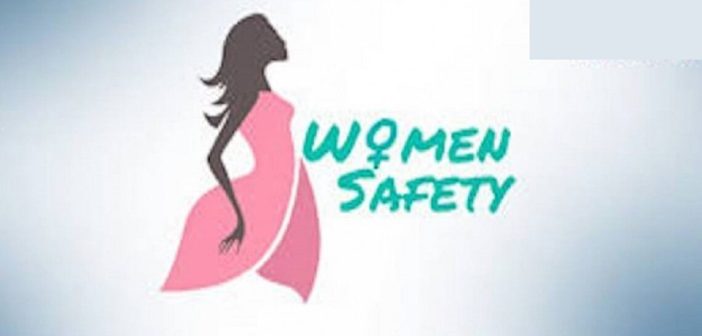India has made significant strides in ensuring the safety, security, and empowerment of women through a series of legislative reforms, financial initiatives, and multi-faceted programs. The Ministry of Women and Child Development has been at the forefront of these efforts, aiming to create a safer and more equitable environment for women in all aspects of life.
One of the most notable initiatives is the Nirbhaya Fund, established to finance projects dedicated to women’s safety. A total of $927.4 million has been allocated under the fund through the 2024–25 financial year, with $703.1 million already utilized—representing approximately 76% of the total. The fund supports a range of programs, including One Stop Centers, Emergency Response Support System (112), Women Helpline (181), Fast Track Special Courts, Anti-Human Trafficking Units, Cyber Forensic Training Labs, and Safe City Projects. These initiatives aim to address safety concerns in both public and private spaces.
One Stop Centers have emerged as vital support hubs for women affected by violence, providing integrated services such as medical assistance, legal aid, psychological counseling, and temporary shelter. Currently, 812 centers are operational across the country, having assisted over 1.08 million women since their inception in April 2015. The Emergency Response Support System unifies all existing emergency numbers under a single emergency helpline—112—enabling real-time tracking and coordination of rescue efforts. Similarly, the 24/7 Women Helpline (181) provides immediate support and referrals for women facing violence.
The government has also prioritized workplace safety through the SHe-Box portal, which allows women to report sexual harassment complaints in any sector. Police reforms have been bolstered with the establishment of 14,658 Women Help Desks in police stations, of which 13,743 are led by women officers.
Additional measures include the Safe City Project, focused on creating secure public spaces for women in major cities, and Mission Shakti, which incorporates two sub-schemes—Sambal for safety and security and Samarthya for empowerment. The government has also deployed initiatives like the Meri Saheli program to ensure women’s safety during rail journeys and the National Database on Sexual Offenders to monitor repeat offenders.
To combat gender-based violence, Project Stree Manoraksha, in collaboration with NIMHANS, provides trauma-informed mental health care for survivors through One Stop Centers. The program emphasizes culturally sensitive, evidence-based interventions to address the psychological impact of violence.
Legal reforms have also played a crucial role in these efforts. Recent amendments to the Bharatiya Nyaya Sanhita have introduced stringent penalties for sexual offenses, including the death penalty for rape involving minors. Laws such as the Protection of Women from Domestic Violence Act, Dowry Prohibition Act, and Prohibition of Child Marriage Act aim to address systemic issues affecting women’s safety and rights. Meanwhile, the Sexual Harassment of Women at Workplace Act mandates the establishment of Internal Committees in workplaces and Local Committees in smaller organizations to address complaints effectively.
Despite these advancements, the government recognizes the need to further address the psychological well-being of women affected by violence. Through a combination of legal measures, financial support, rehabilitation services, and mental health care, India continues to work toward creating an environment where women can thrive without fear. These comprehensive efforts reflect the country’s commitment to fostering equality and empowerment for all.





